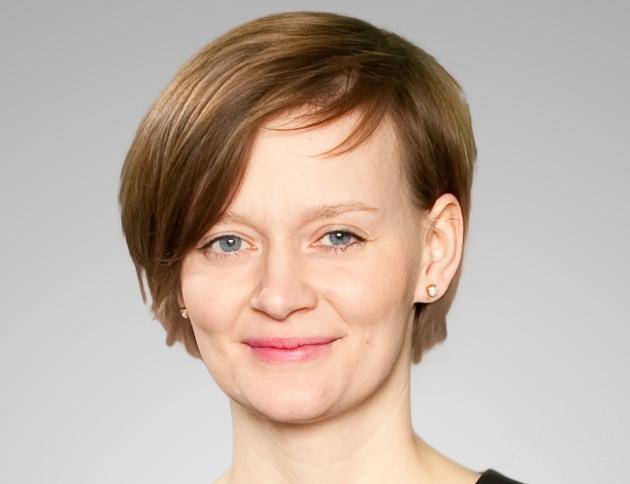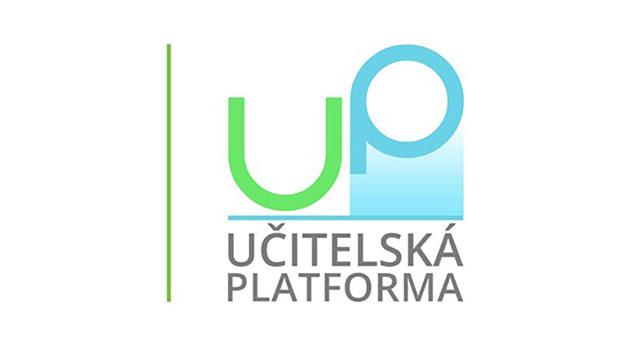Commentary: Czech Labor Minister's bill to change housing benefits will make life worse for those who need aid the most

Thousands of people endangered by the loss of their housing, an increase in the number of children removed from their families into state care, and a worsening in the quality of life for many of the people who need support from the state the most. Those are the likely impacts of the eventual implementation of the bill proposed by Labor and Social Affairs Minister Jana Maláčová for a more restrictive system of housing benefits.
The two kinds of housing benefits available so far (the housing contribution and the housing supplement) would be combined into one as a result of these measures. The housing contribution is a benefit that is meant to arrange for families with middle to low incomes to remain in adequate housing, in apartment units.
The housing supplement is part of the aid to those in material distress that is provided as assistance to those in crisis. Not only would these two benefits be combined into one (and then called a housing allowance), the eligibility criteria for accessing the benefit would be made much more stringent.
Financial aid with meeting housing costs would, for example, no longer be given to people living in substandard apartment units, or to the parents of children who have a high number of unexcused absences from school, or to people not actively seeking employment or not cooperating with the Labor Office. The proposed measures would affect those persons who most require support, who would then lose it under this new proposed situation.
Clients living in shelter facilities or families in material distress living in residential hotels would become unable to pay their rents. At the same time, it would be very difficult to relocate these families into rental housing on the open market.
A family in such a situation would not receive an allowance corresponding to the new rent during the first month after moving into new housing, but an allowance corresponding to the amount received for their previous housing arrangement. The minister says the plan is meant to combat both poverty and welfare abuse.
This measure, however, will rather throw many people into even greater distress. What is most striking is the proposed denial of the housing supplement to parents as a consequence of their children’s attendance records.
If a child were to miss more than 100 hours of school, then this measure would apply. It reflects a total incomprehension of the role of the state and a misunderstanding of what life is like for people in need.
It is rather evident – and the minister even admits it – that without an adequate solution to housing affordability, the situation will not improve. It is, however, incomprehensible that we would punish children and parents for the fact that the state is proving dysfunctional on the question of coordinating affordable social housing.
There is a direct correlation between adequate housing and the success of a child in school, and that success exactly includes the issue of attendance more generally. The situation of families living in social exclusion carries with it the enormous burdens associated with addressing their insecurity on a daily basis.
In many cases this burden exactly concerns the area of housing. If, for example, a single mother constantly has the threat of losing her housing hanging over her, as well as the daily anxieties of arranging basic groceries for the family and clothing for the children, and if she has to address other situations associated with this threat, then her supervison of children’s school attendance can sometimes become the lesser priority.
The required excuse from a doctor for a child’s absence, which usually involves a fee, can also play a role. Other frequent reasons are poor communication with educational facilities or a lack of finances to buy school supplies.
It is difficult to imagine that more repressive measures will aid people in such a situation, including measures that deprive families of the opportunity to remain in housing of a lower standard. Currently, moreover, there is already an option to sanction people in such a situation.
According to current law, parents who repeatedly fail to supervise their children’s attendance can lose their aid to those in material distress benefit. They can also be charged with a misdemeneanor and sanctioned that way.
Looking for other forms of punishment for such parents appears unjustified, especially if we take into consideration the fact that such measures do not just punish the parents, but in extreme cases also punish the children. The number of children taken away from their birth families for social reasons, frequently exactly because their parents lost their housing, is growing, and such children are being raised in state-run children’s homes or, in the best-case scenario, in foster care.
This bill will, therefore, be of no aid to these children and their parents. Ironically, it was the ministry itself that, one year ago, issued a publication about innovative approaches to social work with at-risk children and their families.
In that very extensive publication, the ministry recommends on the subject of truancy (including truancy where parents “cover” for their children) that there are many measures that count as good practice, for example, employing school assistants and special educators at primary schools, or more intensive collaborations with field social services in specific localities. It is, therefore, a question why the minister is not doing her best to do more promotion of these good practices, why she is instead concentrating on inventing repressive measures – true, such measures may curry favor for her with some voters, but professionals in the area of social services provision will significantly lose respect for her, to say nothing of the people who currently draw housing beneifts and who, if this bill becomes law and is enforced, will end up without a roof over their heads.
The author is a social educator, a social worker, and a local assembly member in Pardubice, Czech Republic, where she is a member of the Social Commission. First published in Romani vod’i magazine.
